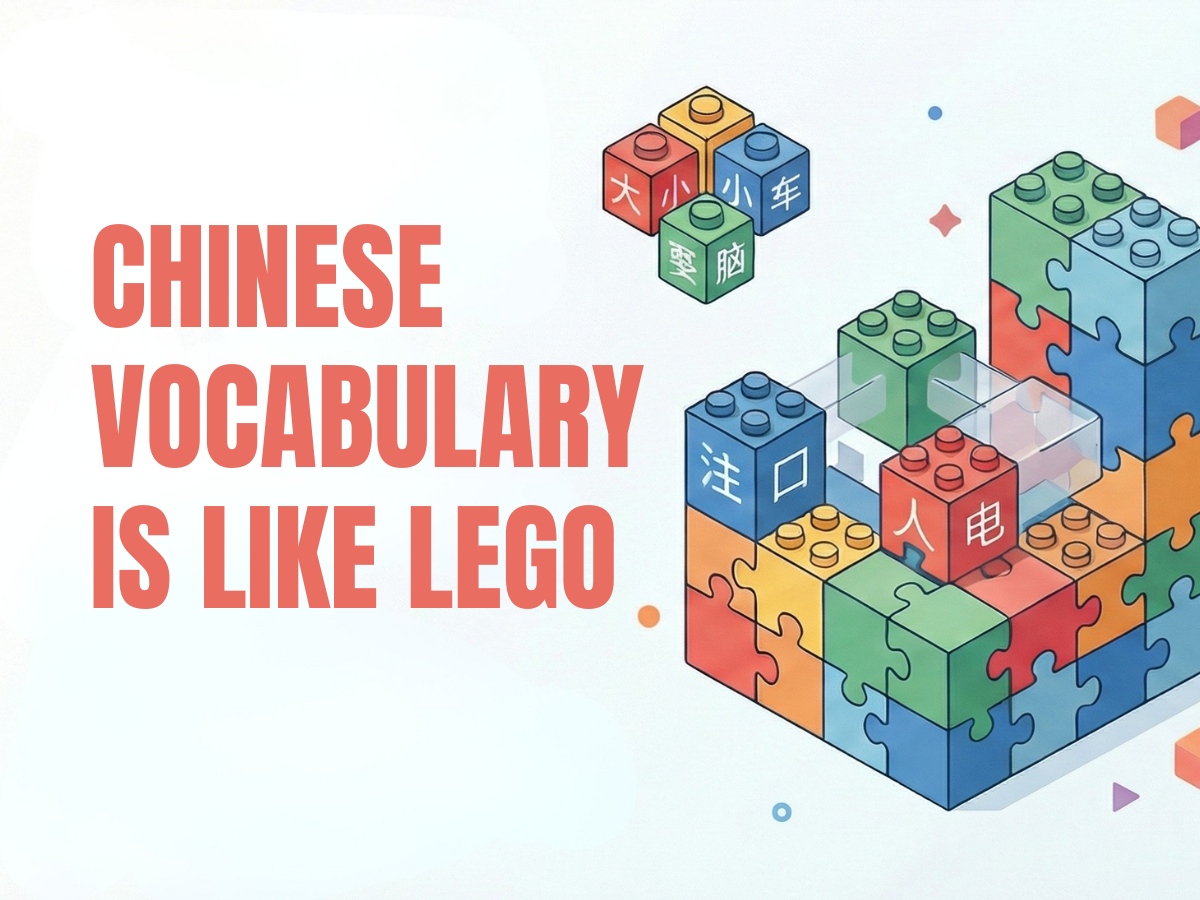“Hey! Unasema Kiswahili?” (“Do you speak Kiswahili?”) There are good reasons to make it worth learning more about this language and the culture it carries!
Kiswahili Language Day is celebrated annually on the 7th of July since November 2021, when UNESCO (United Nations Educational, Scientific and Cultural Organization) created the date.
What motivated this decision? According to the United Nations, member states recognized, in the General Conference of UNESCO, “the critical role played by Kiswahili in promoting cultural diversity, creating awareness, and fostering dialogue among civilizations.”
Kiswahili, also known as Swahili, is the only African language within the Directorate of Global Communications at the United Nations. This is also one of Africa’s most widely spoken languages.
How is the Kiswahili Language Day celebrated?
This year, the celebrations for the 3rd World Kiswahili Language Day, chaired by the Permanent Delegation of the Democratic Republic of Congo, will take place on 5 July at UNESCO Headquarters in Paris, under the theme: "Kiswahili: education and culture of peace".
The event program includes official ceremonies, symposiums, cultural evenings, social media campaigns, language workshops, academic discussions, and animation workshops for children among other activities.
.jpeg)
The date, 7th of July, was chosen because, on 7 July 1954, the Tanganyika* African National Union (TANU), led by Julius Nyerere, declared Swahili as an important tool in the fight for independence.
*Tanganyika was a former territory administered by the United Kingdom, today, it is the territory of Tanzania, and the TANU was the ruling party.
Kiswahili Language World Map
Where is Kiswahili spoken?
.jpeg)
With its origin in East Africa, Kiswahili became the dominant language of trade and communication across this region by the 19th century.
This language has over 200 million speakers, according to the United Nations, and more than a dozen main dialects.
Also according to the UN, Swahili speakers spread over more than 14 countries: Tanzania, Kenya, Uganda, Rwanda, Burundi, the Democratic Republic of the Congo (DRC), South Sudan, Somalia, Mozambique, Malawi, Zambia, Comoros, and as far as Oman and Yemen in the Middle East.
Swahili is the main language and one of the official languages of Tanzania, alongside English. In Uganda and Kenya, Swahili is also official, occupying a category of the second language.
.jpeg)
Southern African countries such as South Africa and Botswana have introduced it in schools, while Namibia and others are considering doing so.
Kiswahili Language and its Unique Identity
Swahili holds a unique position as a lingua franca* in East Africa and parts of Central and Southern Africa, connecting diverse cultures and communities.
*Lingua franca is a language adopted for communication because it is the most widespread.
20% of the Swahili vocabulary consists of loan words, the vast majority of which are Arabic, but also other languages, including Persian, Hindustani, Portuguese, and Malay. This formation reflects the region’s rich history of trade and interaction.
Kiswahili is a Bantu language, meaning it shares characteristics common to this language family, such as noun classes and agglutinative structures.
.jpeg)
.jpeg)
- Grammar Aspects
Noun Classes
English uses articles and possessive pronouns to modify nouns, while Kiswahili relies on a complex system of noun classes and prefixes. For example:
- English: "the book", "a book", "my book"
- Kiswahili: "kitabu", "vitabu vyangu" (my books)
There are around 15 noun classes, each with its prefix that affects adjectives, verbs, and pronouns. For example:
- Mtu (person) – Watu (people)
- Kitabu (book) – Vitabu (books)
As Kiswahili does not use articles like "a" or "the", context and noun classes provide enough information.Tense and Aspect
Tenses are indicated by infixes within the verb rather than auxiliary verbs as in English. Common tenses include present (na-), past (li-), future (ta-), and habitual (hu-).Verb Conjugation
Kiswahili verbs are highly inflected and conjugated based on subject prefixes, tense markers, and sometimes object infixes. For example:
- Ninakula (I am eating) – Subject prefix: Ni- (I), the verb root: -la (eat), present tense marker: -na-
- Ulikula (You ate) – Subject prefix: U- (you), the verb root: -la (eat), past tense marker: -li-
Even though the language also uses Subject-Verb-Object (SVO) word order, as in English, Kiswahili's use of infixes for tense and noun classes adds complexity to its sentence structure.
- Pronunciation
Kiswahili's pronunciation is generally consistent with its spelling. Each letter typically corresponds to one sound, making it easier for learners.The five vowel sounds (a, e, i, o, u) are similar to those in Spanish or Italian. These vowels are pronounced consistently:
- a as in "father"
- e as in "bed"
- i as in "machine"
- o as in "more"
- u as in "flute"
Most consonants are pronounced similarly to their English equivalents, but there are a few notable differences:
- The letter "r" is typically rolled or trilled, similar to the Spanish "r".
- The letter "g" is always hard, as in "go", never soft as in "giraffe".
Kiswahili syllables typically follow a consonant-vowel (CV) pattern. This structure contributes to the language's rhythmic and melodic quality.Kiswahili: A Bridge Between Africa and the Global Community
.jpeg)
Kiswahili's presence in international media has been growing. We can cite broadcasting services like BBC Swahili and Voice of America Swahili, which expands the language's global reach.
More than 100 universities, colleges, and schools in the US offer Swahili as a course. In China, institutions such as the African Center Hong Kong offer courses with native teachers, strengthening the community.
The celebration of Kiswahili Language Day aims to highlight the contribution of the language to cultural and linguistic heritage. Besides, it promotes linguistic diversity and multilingualism, which we also encourage here.
Maybe there is a course in your country that you don’t know about yet?
__
References:
World Kiswahili Language Day - 7 July. United Nations Indonesia. Available at: <https://indonesia.un.org/en/237769-world-kiswahili-language-day-7-july >
Kiswahili is a language that speaks to both past and present. African Renewal - UN.
Available at: <https://www.un.org/africarenewal/magazine/july-2022/kiswahili-language-speaks-both-past-and-present >
Kiswahili Class. African Center Hong Kong. Available at <https://www.africacenterhk.com/kiswahili-class/>.
Is learning Kiswahili more beneficial than learning a foreign language?
This is Africa. Available at <https://thisisafrica.me/african-identities/learning-kiswahili-important/>.
Unlock the power of glocalization with our Translation Management System.
Unlock the power of
with our Translation Management System.














.avif)
.avif)

.avif)
.avif)
.avif)








